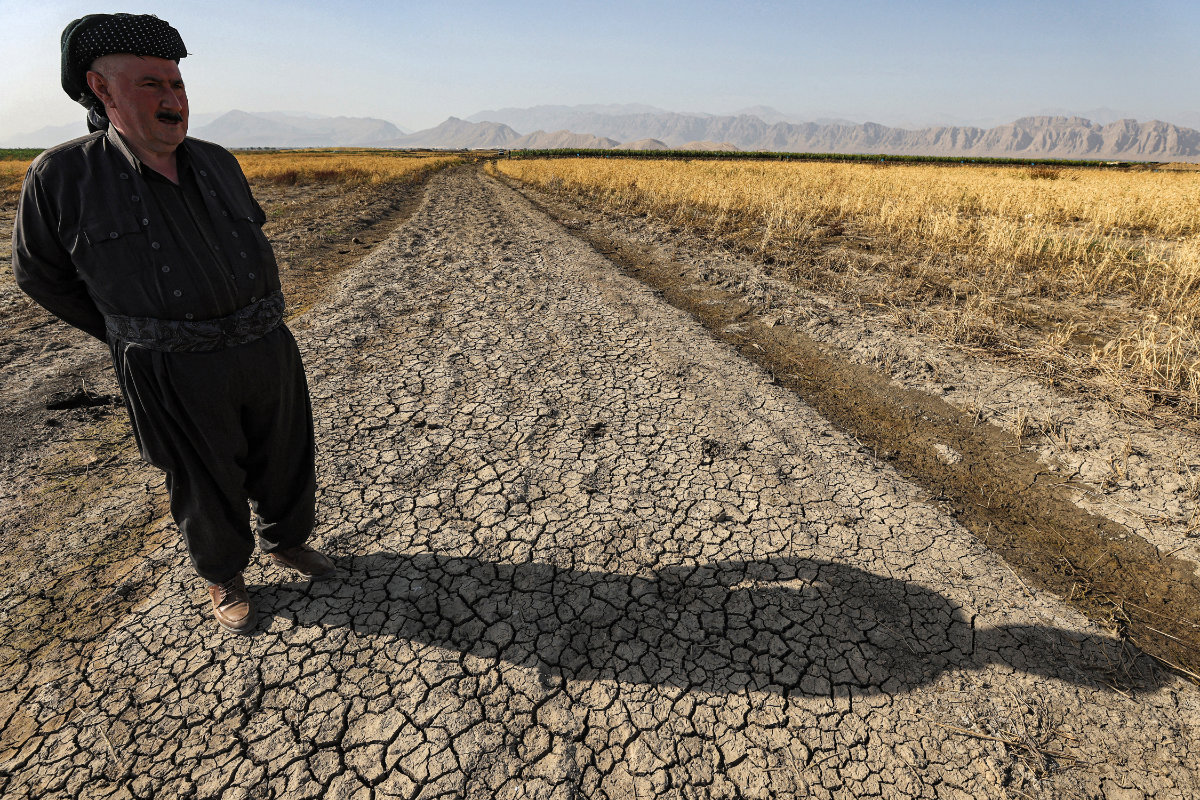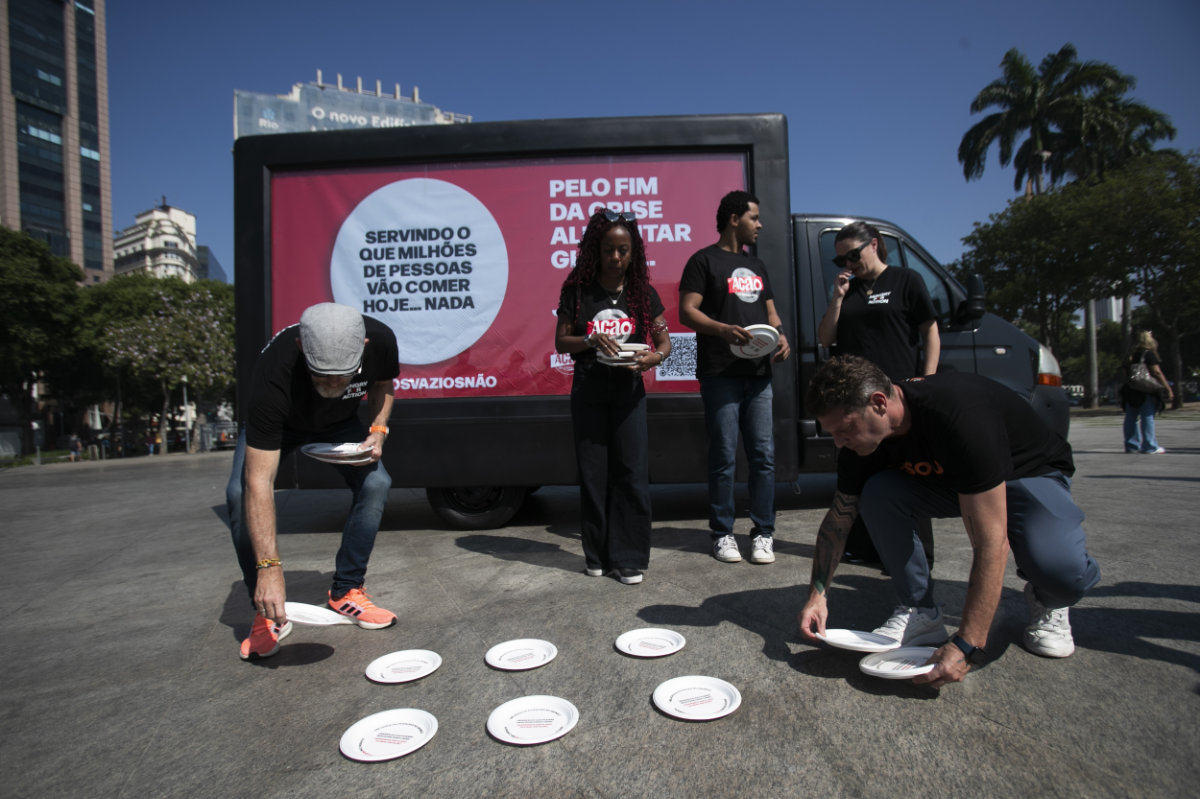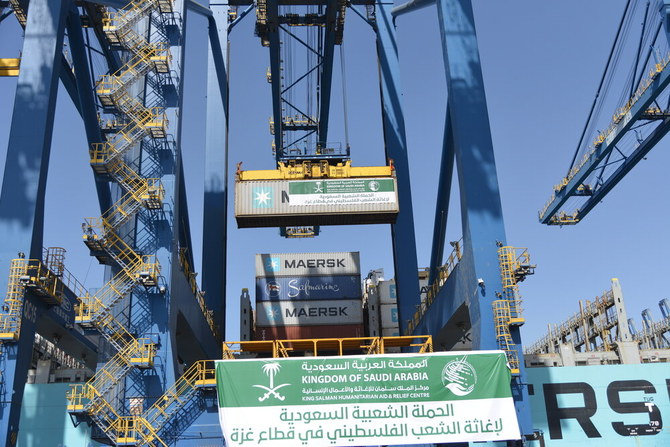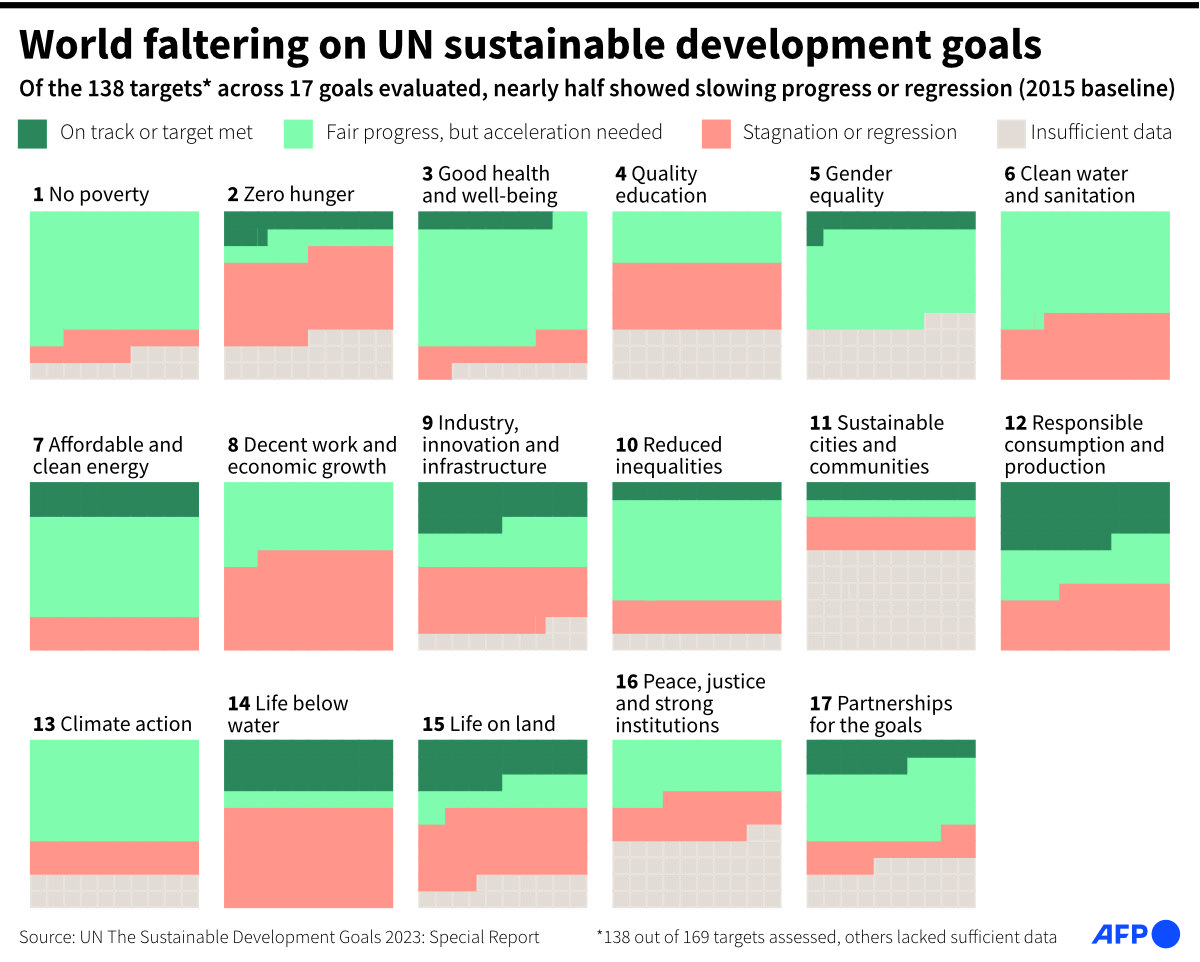CAIRO: Israel has addressed many of President Joe Biden’s concerns over its long-simmering plan to carry out a widescale military operation in the southern Gaza city of Rafah aimed at rooting out Hamas, a senior Biden administration official said Tuesday.
The official, who was not authorized to comment publicly and requested anonymity, said that in talks over the weekend with White House national security adviser Jake Sullivan, Israeli officials incorporated many changes into their planning that seem to meet concerns about deepening an operation in an area that has been flooded with Palestinian refugees during the seven-month war.
Biden had previously said he opposed a widescale operation in Rafah that did not prioritize the safety of innocent Palestinian civilians.
The official said the administration stopped short of greenlighting the Israeli plan but said Israeli officials’ altered planning suggested they were taking the American administration’s concerns seriously.
About 900,000 Palestinians have fled Rafah in recent weeks after the population swelled to about 1.5 million.
The United Nations suspended food distribution in the southern Gaza city of Rafah on Tuesday due to a lack of supplies and an untenable security situation caused by Israel’s expanding military operation. It warned that humanitarian operations across the territory were nearing collapse.
Along with closed and chaotic land crossings, problems also plagued the US military’s floating pier meant to provide an alternative route for aid into Gaza by sea. Over the weekend, hungry Palestinians took aid from a UN vehicle convoy coming from the pier, and the UN said since then it had been unable to receive trucks there.
Pentagon press secretary Maj. Gen. Pat Ryder told reporters in Washington that for the past few days, forward movement of aid from the pier was paused but it resumed Tuesday. There was no confirmation from the UN
The UN has not specified how many people stayed in Rafah since the Israeli military began its intensified ground and air campaign there two weeks ago, but apparently several hundred thousand Palestinians remain. The UN’s World Food Program said it was also running out of food for central Gaza, where hundreds of thousands of people sought shelter in a chaotic exodus after fleeing Rafah, setting up new tent camps or crowding into areas already devastated by previous Israeli offensives.
“Humanitarian operations in Gaza are near collapse,” said Abeer Etefa, a WFP spokesperson. If food and other supplies don’t resume entering Gaza “in massive quantities, famine-like conditions will spread,” she said.
The warning came as Israel seeks to contain the international fallout from a request at the world’s top war crimes court for arrest warrants targeting both Israeli and Hamas leaders. The move garnered support from three European countries, including Israel’s key ally France.
The chief prosecutor at the International Criminal Court cited Israeli Prime Minister Benjamin Netanyahu and Defense Minister Yoav Gallant for alleged “use of starvation as a method of warfare,” a charge they and other Israeli officials angrily deny. The prosecutor accused three Hamas leaders of war crimes over killings of civilians in the group’s Oct. 7 attack.
The UN says some 1.1 million people in Gaza — nearly half the population — face catastrophic levels of hunger and that the territory is on the brink of famine. The humanitarian crisis deepened after Israeli forces pushed into Rafah on May 6, vowing to root out Hamas fighters. Tanks and troops seized the Rafah crossing into Egypt, closing it ever since. After May 10, only about three dozen trucks made it into Gaza via the nearby Kerem Shalom crossing from Israel because fighting makes it dangerous for aid workers to reach it, the UN says.
Israel insists it puts no restriction on the number of trucks entering Gaza. COGAT, the Israeli military office in charge of coordinating aid, said 450 trucks entered Tuesday from its side to Kerem Shalom and a small crossing in northern Gaza. It said more than 650 trucks are waiting on the Gaza side of Kerem Shalom to be retrieved, blaming “lack of logistical capabilities and manpower gaps” among aid groups.
For months, the UN has warned that an Israeli assault on Rafah could wreck the effort to get food, medicine and other supplies to Palestinians across Gaza. Throughout the war, Rafah has been filled with scenes of hungry children holding out pots and plastic containers at makeshift soup kitchens, with many families reduced to eating only one meal a day. The city’s population had swelled at one point to some 1.3 million people, most of whom fled fighting elsewhere.
Around 810,000 people have streamed out of Rafah, although Israel says its operations in Rafah are not the full-scale invasion of the city it had planned. The US says Israel never presented “credible” plan for evacuating the population or keeping it safe.
The main agency for Palestinian refugees, UNRWA, announced the suspension of distribution in Rafah in a post on X, without elaborating beyond citing the lack of supplies. UN spokesman Stephane Dujarric said the UNRWA distribution center and the WFP’s warehouses in Rafah were “inaccessible due to ongoing military operations.”
Asked about the ramifications of suspending aid, Dujarric said simply: “People don’t eat.”
Etefa said the WFP had also stopped distribution in Rafah after exhausting its stocks. It is still passing out hot meals and “limited distributions” of reduced food packages in central Gaza, but “food parcel stocks will run out within days,” she said.
The US depicted the floating aid pier as a potential route for accelerated deliveries. The first 10 trucks rolled off a ship onto the pier on Friday and were taken to a WFP warehouse. But a second shipment of 11 trucks on Saturday was met by Palestinian crowds who took supplies, and only five trucks made it to the warehouse, Etefa said.
No further deliveries came from the pier on Sunday or Monday, she said.
“The responsibility of ensuring aid reaches those in need does not end at the crossings and other points of entry into Gaza — it extends throughout Gaza itself,” she said.
At the same time, battles have escalated in northern Gaza as Israeli troops conduct operations against Hamas fighters, who the military says regrouped in areas already targeted in offensives months ago.
One of the main hospitals still operating in the north, Kamal Adwan, was forced to evacuate after it was “targeted” by Israeli troops, the Gaza Health Ministry said. Around 150 staff and dozens of patients fled the facility, including intensive care patients and infants in incubators “under fire from shelling,” it said. The Israeli military did not immediately reply to requests for comment.
The nearby Awda hospital has been surrounded by troops the past three days, and an artillery shell hit its fifth floor, the hospital administration said Tuesday. A day earlier, the international medical aid group Doctors Without Borders said Awda had run out of drinking water.
The war between began on Oct. 7, when Hamas-led militants crossed into Israel and killed some 1,200 people, mostly civilians, and took 250 hostage. ICC prosecutor Karim Khan accused Hamas leaders Yahya Sinwar, Mohammed Deif and Ismail Haniyeh of crimes against humanity, including extermination, murder and sexual violence.
Israel responded to the Oct. 7 with an offensive that has laid waste to Gaza and killed more than 35,000 Palestinians, according to Gaza’s Health Ministry, which does not distinguish between noncombatants and fighters in its count.
Monday’s call by Khan for arrest warrants deepens Israel’s global isolation at a time when it is facing growing criticism from even its closest allies over the war. France, Belgium, and Slovenia each said they backed Khan’ decision.
Israeli Foreign Minister Israel Katz headed to France on Tuesday in response, urging it to “declare loud and clear” that the request for warrants against Netanyahu and Gallant “is unacceptable to you and to the French government.”
His meetings there could set the tone for how countries navigate the warrants — if they are eventually issued — and whether they could pose a threat to Israeli leaders. A panel of three ICC judges will decide whether to issue the arrest warrants and allow a case to proceed. The judges typically take two months to make such decisions.
Israel still has the support of its top ally, the United States, as well as other Western countries that spoke out against the decision. But if the warrants are issued, they could complicate international travel for Netanyahu and his defense minister, even if they do not face any immediate risk of prosecution because Israel itself is not a member of the court.




































